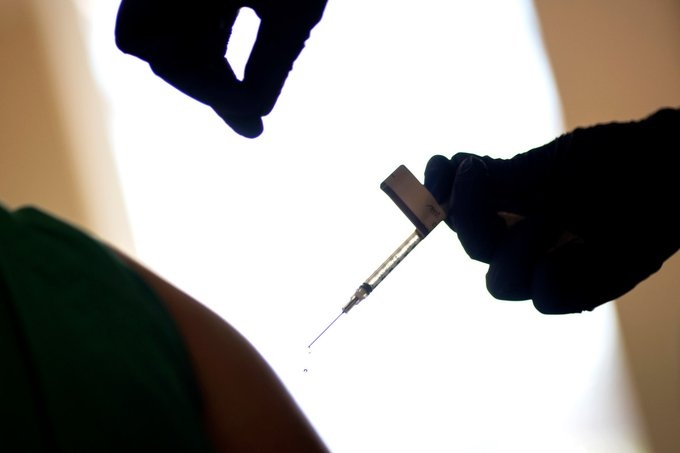Two teams of researchers have found a worrying new Coronavirus variant in New York City. According to two separate studies, submitted this week, the experts have noticed that a new variant is spreading at an alarming rate in NYC.
It was also observed that the new variant contains mutations that help this version of the virus to evade the body's natural immune response and can also affect the monoclonal antibody treatments.
The research from teams at Caltech and Columbia have named the variant B.1.526. The genomics researchers said that the variant appears in people affected in diverse neighborhoods of NYC and is "scattered in the Northeast."
According to one team at Columbia University Medical Center: "We observed a steady increase in the detection rate from late December to mid-February, with an alarming rise to 12.7 percent in the past two weeks."

New Variant and the Impact
The newly found variant began to appear in samples collected from NYC in November 2020. By February this year, the Caltech team found that the cases related to the new variant had risen to 27 percent of viral sequences in the database.
Meanwhile, the researchers at Columbia sequenced 1,142 samples from patients at the university's hospital. They found that the 12 percent had a case with E484K—one of the two variants that construct B.1.526.
As reported by the New York Times, Dr. David Ho, one of the Columbia researchers, said COVID-19 cases in Westchester, the Bronx and Queens have suggested that there is some level of community spread involving the new variant.
Researchers determined that the New York variant includes mutations on the spike protein that will allow it to cause infections more effectively. As reported, along with E484K, the B.1.526 includes another mutation S477N, which may affect how tightly the novel virus binds to human cells.
Vaccine Efficacy

According to a separate study, which was published in January this year, monoclonal antibodies made by Eli Lilly and Regeneron--to treat the novel Coronavirus caused disease--have no effect against the South African variant, which also includes the E484K mutation.
Other studies have also shown that variants with this mutation are less susceptible to vaccines than the strain of the virus on which they were developed.
Michel Nussenzweig, an immunologist at Rockefeller University told NYT, "It's not particularly happy news. But just knowing about it is good because then we can perhaps do something about it."
The healthcare professional also noted that the mutation blocks the activity of a common class of antibodies. However, according to Nussenzweig, "People who have recovered from the coronavirus or who have been vaccinated are very likely to be able to fight this variant off, there's no doubt about that. They may get a little bit sick from it."








